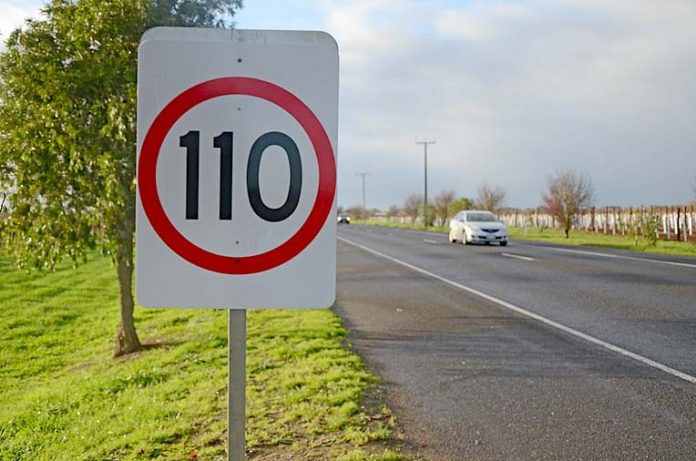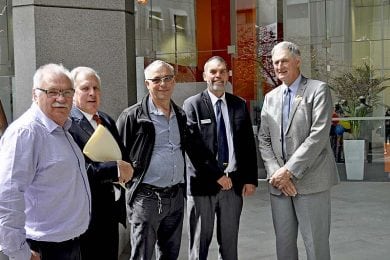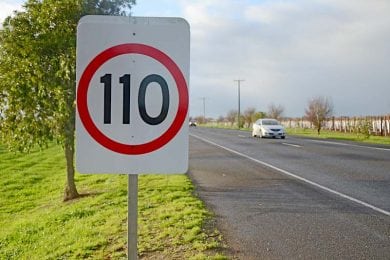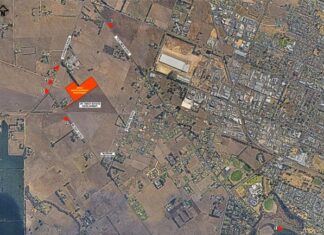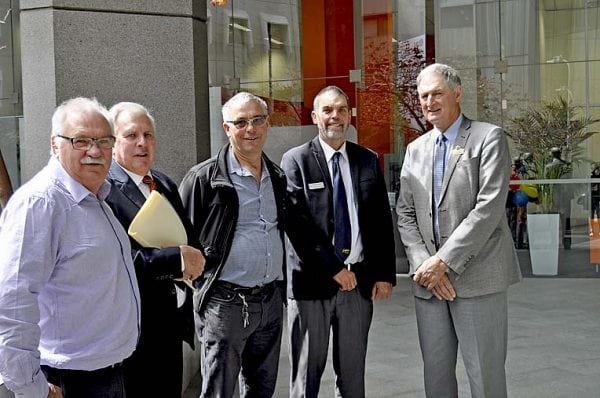
THE State Government has refused to back down on its decision to cut the speed limit on three roads in the region.
A delegation of mayors from across the state met with Australian Conservatives MLC Robert Brokenshire on Friday to discuss the government’s decision to reduce road speeds in eight regions.
Grant District Mayor Richard Sage attended the meeting in Adelaide after it was recently announced speed limits would be slashed on the three key routes.
The Riddoch Highway from Mount Gambier to Port MacDonnell, Carpenter Rocks Road and Clay Wells Road will all have speed limits reduced from 110kph to 100kph.
Mr Sage said the meeting gave him a chance to address the issues with newly appointed Road Safety Minister Chris Picton, who met with the delegation.
“The biggest positive to come out of the meeting was the fact the minister is a bit more aware the mayors were disappointed with the changes that were made without consultation with local councils,” Mr Sage said.
“While the decision to change the speed limits will go ahead, we took the chance to encourage the minister to look at other causes of crashes and to work with councils to engage local contractors to improve the road infrastructure.”
Mr Sage said it was highlighted in the meeting there are around 1.2 million more cars registered in 2017 than 1974 and over 600,000 more licences.
Despite this, there have been almost 300 less fatalities on South Australian roads.
“The government had conducted no studies on the impact of fatigue or the impact of animals on road fatalities, yet the speeds were still changed without consultation,” Mr Sage said.
“It was intimated in the meeting that he is now more aware that we are here to work with him to do what is necessary to make these roads safer.”
Mr Brokenshire said all the mayors shared their concerns about the government’s hard-headed approach on the issue.
“What they would like to see is investment in the roads to make them safe rather than the department hiding behind skewed statistics that do not reflect the reality of those living in the regions,” Mr Brokenshire said.
He said the delegation sought greater cooperation from the government.
“There are a number of roads the mayors agree have sections where the speed must be dropped for safety until the government invests and fixes them,” he said.
“This accounts for very small sections of roads yet the government wants to drop the limit across the whole expanse of road, which simply makes no sense.”
The first meeting will be the start of a continued partnership between Mr Brokenshire and the mayors to seek a solution.
“What needs to happen now is for the government to take responsibility and commit actual funds to road infrastructure rather than trying band-aid solutions that allow them to continue to ignore the needs of rural areas,” Mr Brokenshire said.
“Today it is eight regions affected by mismanagement, who knows how many more will be affected if the government continues down this path.”

